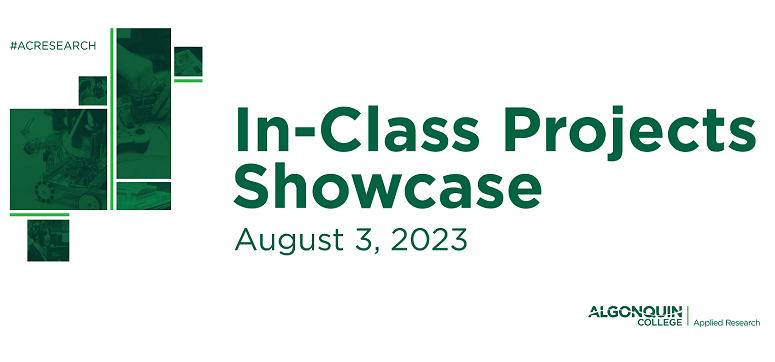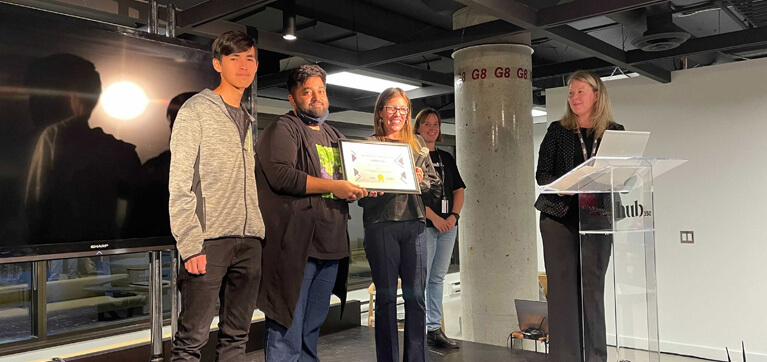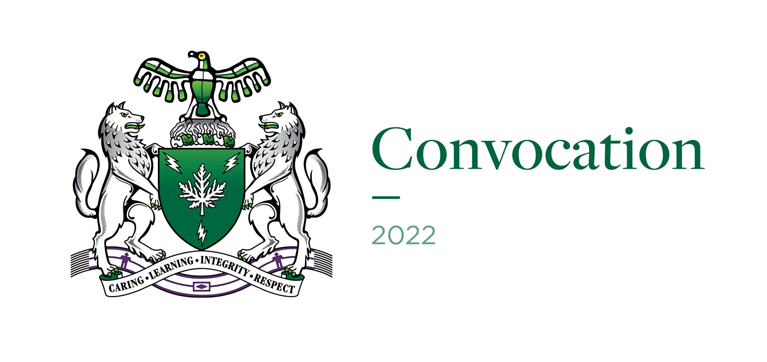 Soaring food costs in recent years may drive budget-conscious decisions when making a grocery list. An app under development by Computer Programming learners will help users make the most of the items in their kitchen. Cooking Chef is a full-featured, Android-based app that generates recipes based on selected ingredients. The project will be one of 50 student-led research projects on display at the In-Class Projects Showcase, held on the Ottawa Campus on Aug. 3.
Soaring food costs in recent years may drive budget-conscious decisions when making a grocery list. An app under development by Computer Programming learners will help users make the most of the items in their kitchen. Cooking Chef is a full-featured, Android-based app that generates recipes based on selected ingredients. The project will be one of 50 student-led research projects on display at the In-Class Projects Showcase, held on the Ottawa Campus on Aug. 3.
Continue reading
Computer Programming

On Wednesday, Oct. 12, several students from Algonquin College attended the finals of the first-ever Discover Technata Hacks. Over the course of three weeks, students from the University of Ottawa, Carleton University and Algonquin College went head-to-head in a competition aimed at leveraging the talent our learners bring to solve real-world problems.
For the inaugural event, Ericsson, a world leader in information and communication technology, challenged student teams to find ways to reduce water and electricity waste using the power of smart devices and 5G technology.
Algonquin College was well represented by students from across the College in programs such as Computer Programming, Electrical Engineering Technician, and Interdisciplinary Studies in Human Centred Design. “Events like this that create opportunities for our students to engage with industry are so important to our program,” said Jed Looker, Program Coordinator for Interdisciplinary Studies in Human-Centred Design. “They really help students make first-hand, tangible connections between what we teach and what the industry needs. It’s also so important to see industry partners actively engaging with our learners in a forum that allows them see our students’ skills put to work.”
The evening opened with an address from Terry Matthews, founder of Mitel and chairman of Wesley Clover who spoke at length about the importance of building a strong team and creating a culture where every member of the team can make a meaningful contribution. This sentiment was echoed by David Cronier, a member of the second-place finishing team, Hello World. “Before we started this challenge, I believed that I had to learn everything myself and to be good at every part of a project for it to be successful. Thanks to this experience, I’ve learned that I can work with a team like this one to share the load. I think I’ve found a great team and I’m really looking forward to doing more with them in the future.”
Representing Algonquin College on the judging panel was Katherine Root, Acting Dean for the School of Business. “I am very impressed to see what our learners were able to do in such a short period of time. Teams had only three weeks in which to come up with a creative solution to a real-world problem, develop a proposal and pitch their concept to a room full of industry professionals and academic leaders. They represented their programs and the college very well. “ Katherine also commented on the connections these students were able to make at the competition. “It was great to see representatives from companies like Nokia reaching out to our learners to offer guidance and mentorship. Algonquin is pleased to be part of the Hub350 ecosystem.”
After a well-contested final pitch session, a team made up of four first-year Computer Programming students took second place and an inter-institutional team including two students from Algonquin College came in third. Both teams proposed solutions to the water waste issue involving smart sensors that could be placed along water intake lines and would send real-time data to a connected app, alerting users to their water consumption and suggest ways to reduce intake.

Meet some of your valedictorians who will be speaking to their respective classes during the 2022 Spring Convocation ceremonies Continue reading